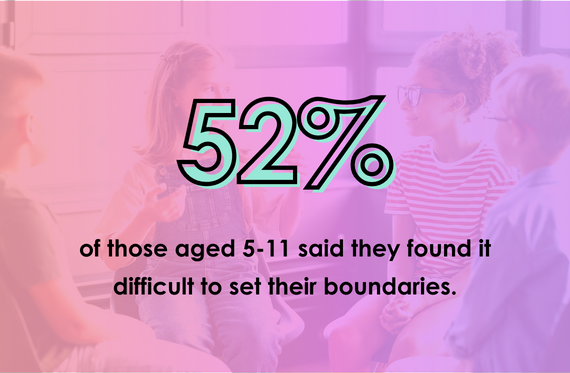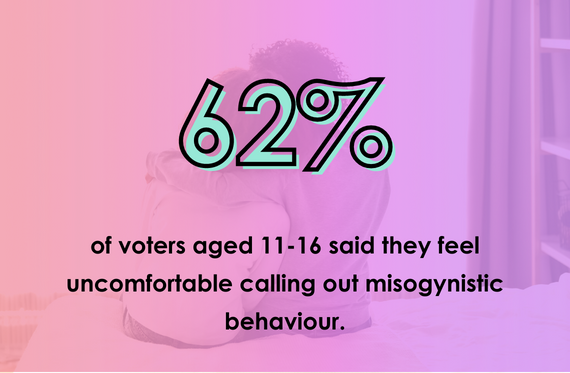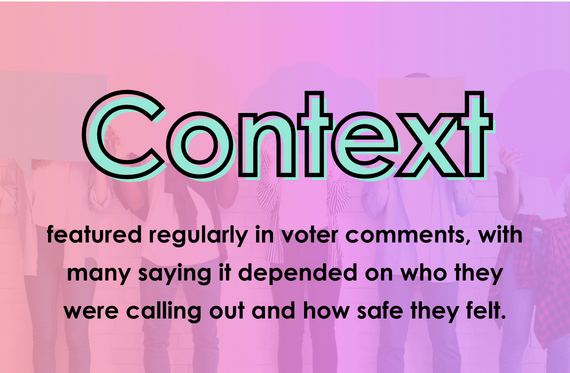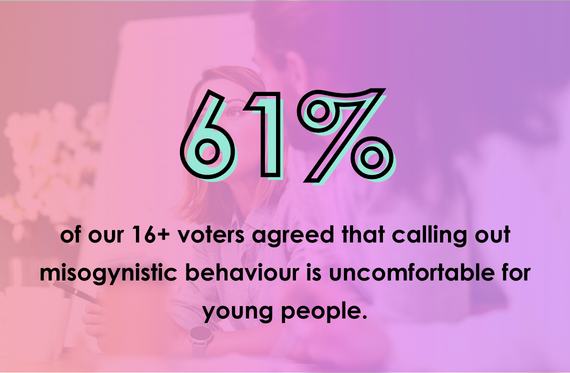Total votes
5-11 votes
11-16+ votes
Sometimes we ask our young people to do things we ourselves struggle with. We expect them to fix the social ills in a manner that we have not been able to. We expect them to be able to stand up to the injustices that we ourselves have let permeate society.
One such heritage is the prevalence of misogyny. You can’t move for influencers whose views are either bordering or are outright misogynistic. Men’s rights groups, Andrew Tate, Incels and the wider manosphere are gaining traction with young men and boys.
Which may be easy to ignore. They are at a distance, online, remote. Don’t engage and give them air.
But what about when it is in your face? Not the spitting at women in Tube carriages and extreme level of threat some women experience, but when it infests the attitudes and language of the everyday. What do we expect of our children then?
Following the rise in misogyny online and amongst young people, this week's VoteTopic took a closer look at some examples of misogynistic behaviour in action and the potential barriers to calling out friends or peers in these situations.

"It can be very difficult to set boundaries sometimes as people might get offended. It takes time to make others learn what you are comfortable with."

"If your friends are being misogynistic people feel that they will hurt their
friendships if they say about it so they don’t however if they are doing
that are they really your friends?”

"It can be difficult to call out misogynistic behavior as it can be very uncomfortable and at times dangerous - however, there should be more activism and more calling out of this behavior. It needs to be addressed early on, in schools and as children. Women's Rights are Human Rights!"




This week we had two responses to what the children have said. They have come from Barnardo's and Family Lives who were both keen on sharing their views on this important topic.
Bethan Kelly, National Programme Development Manager for Child Sexual Abuse and Exploitation from Barnardos and Jeremy Todd, Chief Executive of Family Lives provided a response to what the children said.
Click below to hear what they said.

